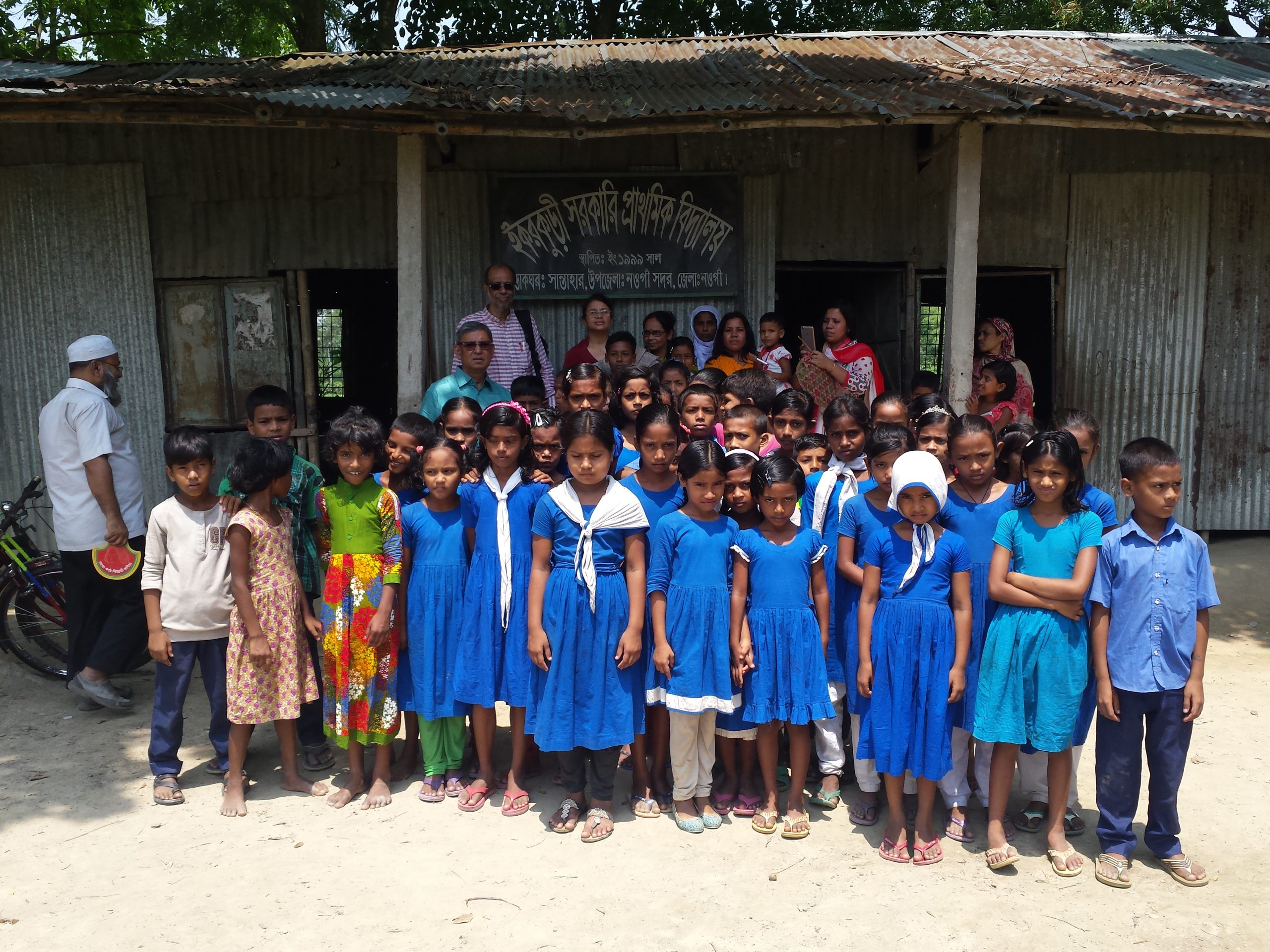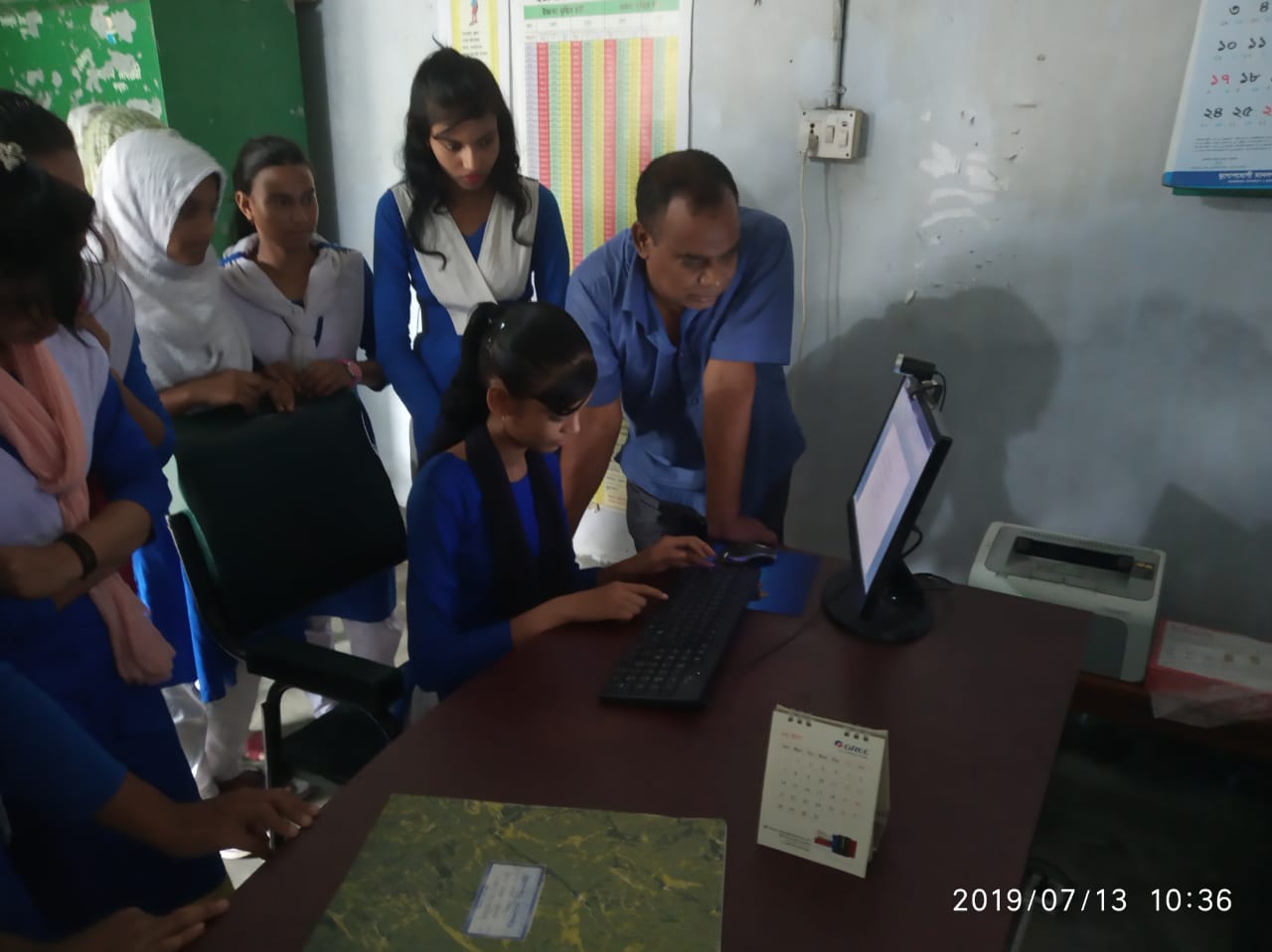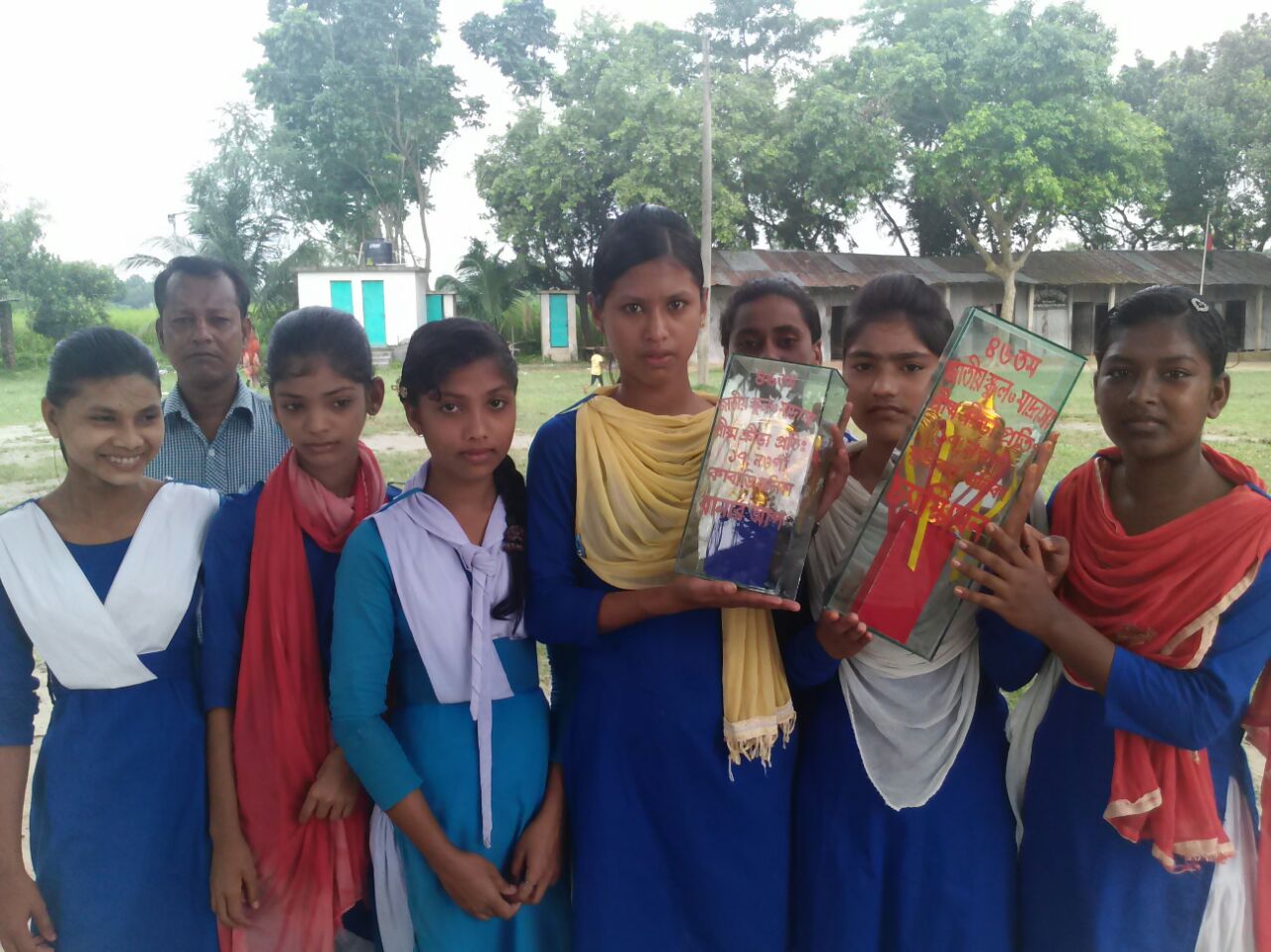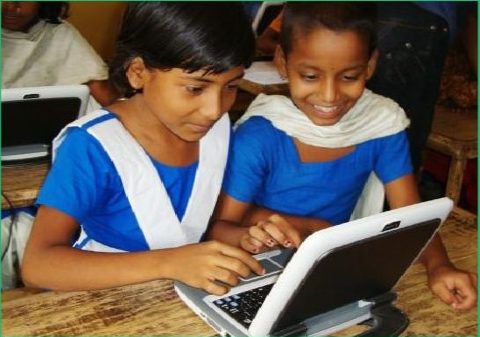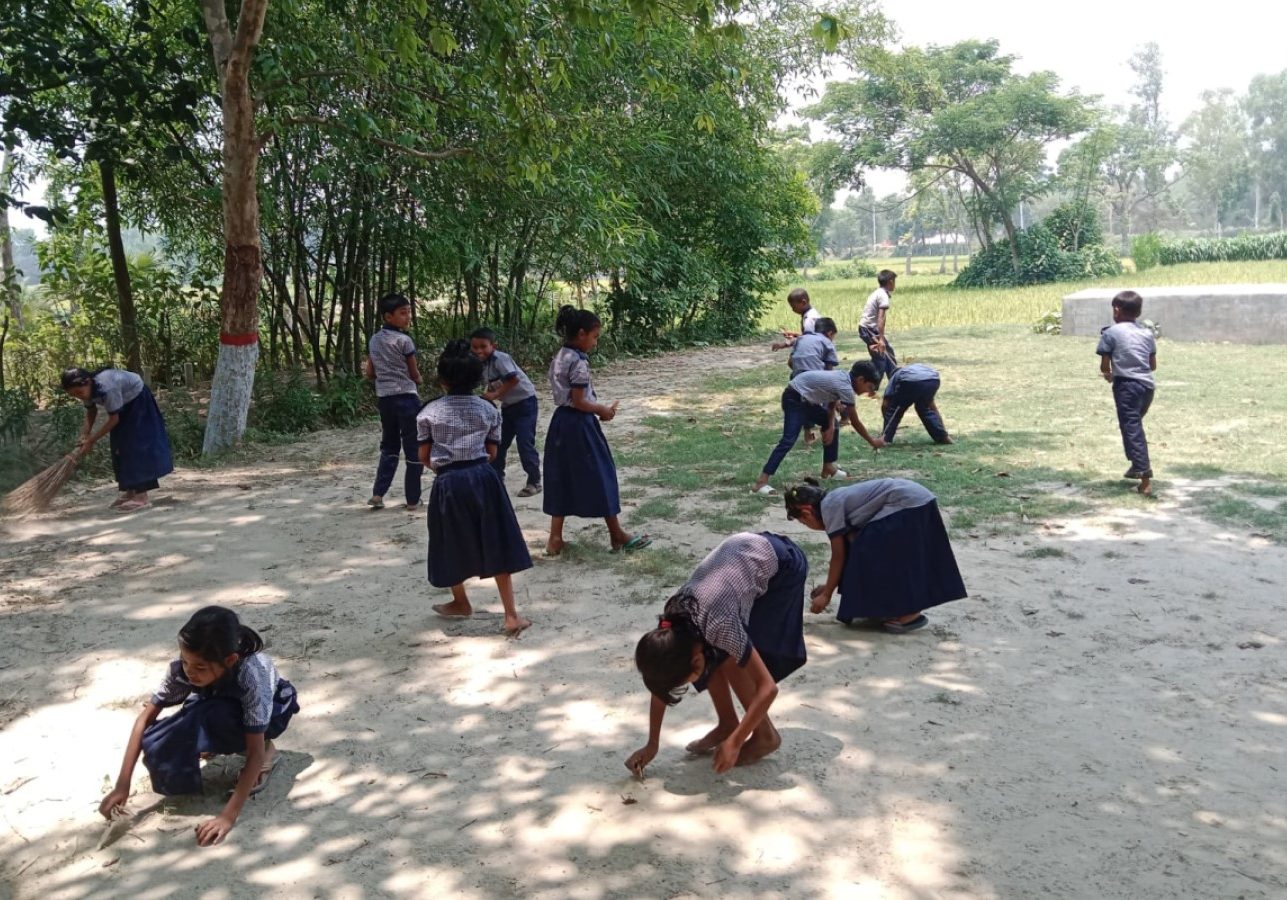Working area to achieve United Nation SDG goal
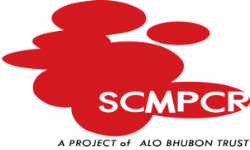
The prime project of Alo Bhubon Trust (Alo-BT) is the South Asia Centre for Medical Physics and Cancer Research (SCMPCR) started in July 2018. The South Asia (SA) region with its eight countries (Afghanistan, Bangladesh, Bhutan, India, Maldives, Nepal, Pakistan, and Sri Lanka) is about 1.891 billion populations which are approximately one-fourth of the world’s population. Cancer is the second leading cause of death globally, accounting for an estimated 9.6 million deaths, or one in six deaths, in 2018.
In modern times our health treatment sectors are evolving with a lot of new advanced technologies being incorporated in the sector of cancer treatment. From diagnostic to treatment technique all the equipment needs good maintenance and high-quality control and precision and accurate cancer treatment. So, to increase the number of qualified manpower in the field of cancer care in the South Asia region is mandatory.
Despite massive diversity across the South Asian countries, they face a big challenge to develop cancer control programs. SCMPCR is constantly trying to improve all the sectors of the cancer control (Prevention, diagnostic, Treatment, Rehabilitation) which are required to build a Qualified Cancer care.
Categories of Training:
Research:
In the meantime, SCMPCR have focused their research on 3D printers and Artificial Intelligence (AI) in collaboration with Germany, China and EFOMP AI group. Mr. Jobairul Islam was sent to University of Heidelberg, Germany to gain experience on 3D printers and to continue research in Bangladesh. The founder of SCMPCR, Prof. Golam Abu Zakaria has been a member of EFOMP Artificial Intelligence (AI) group. SCMPCR is continuously doing research with MP students, researchers on radiotherapy, diagnostic radiology and nuclear medicine.
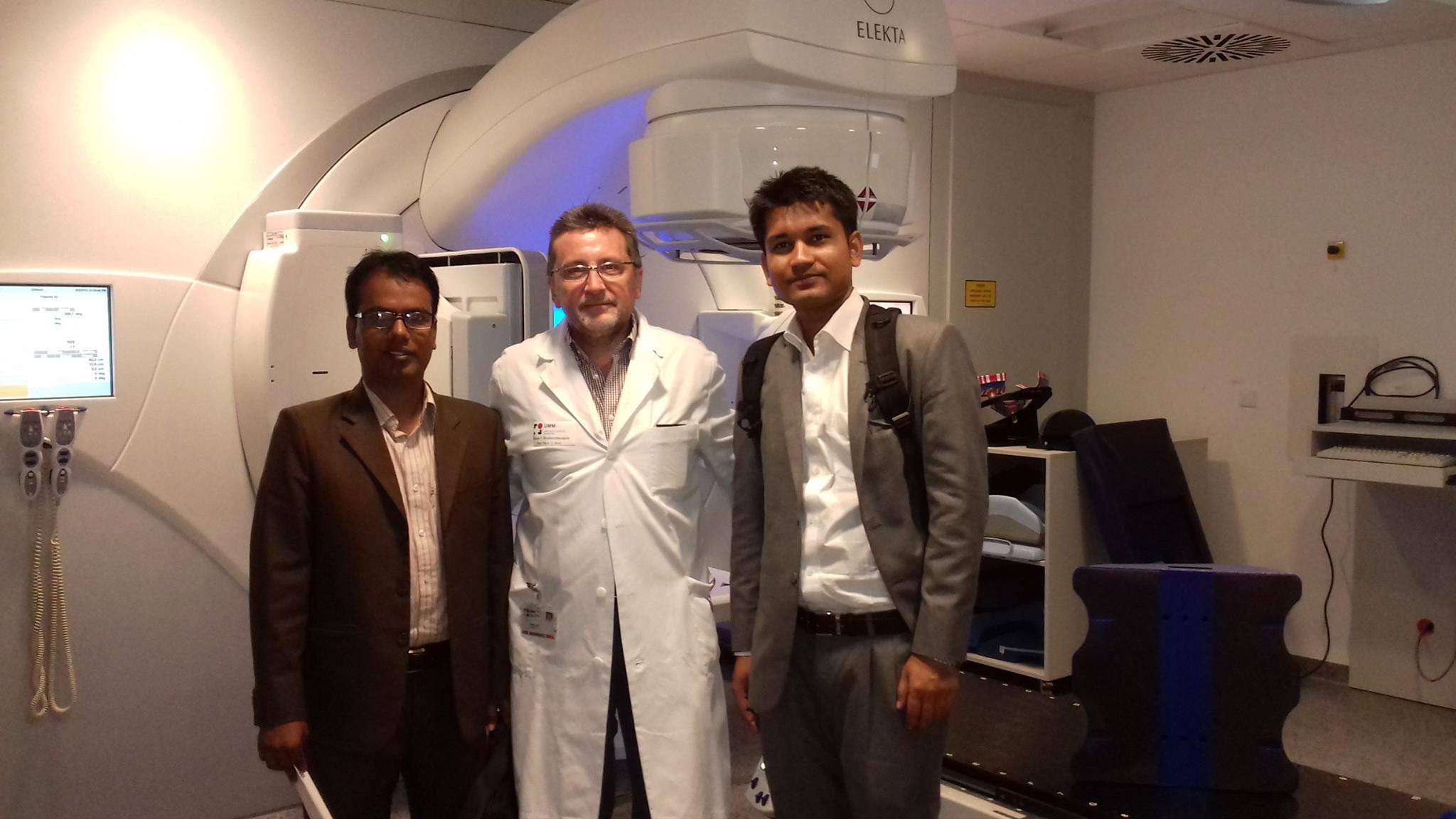
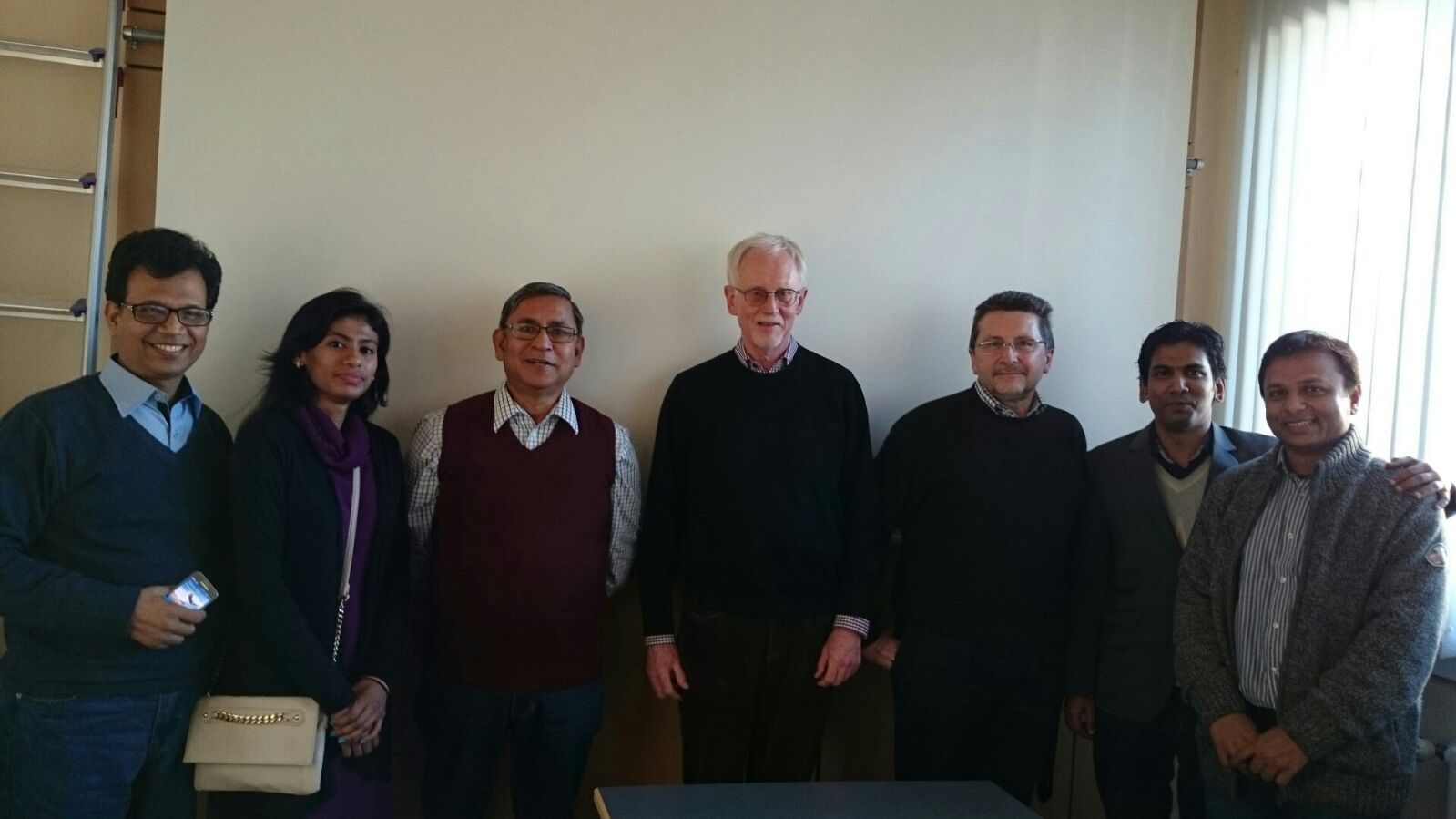
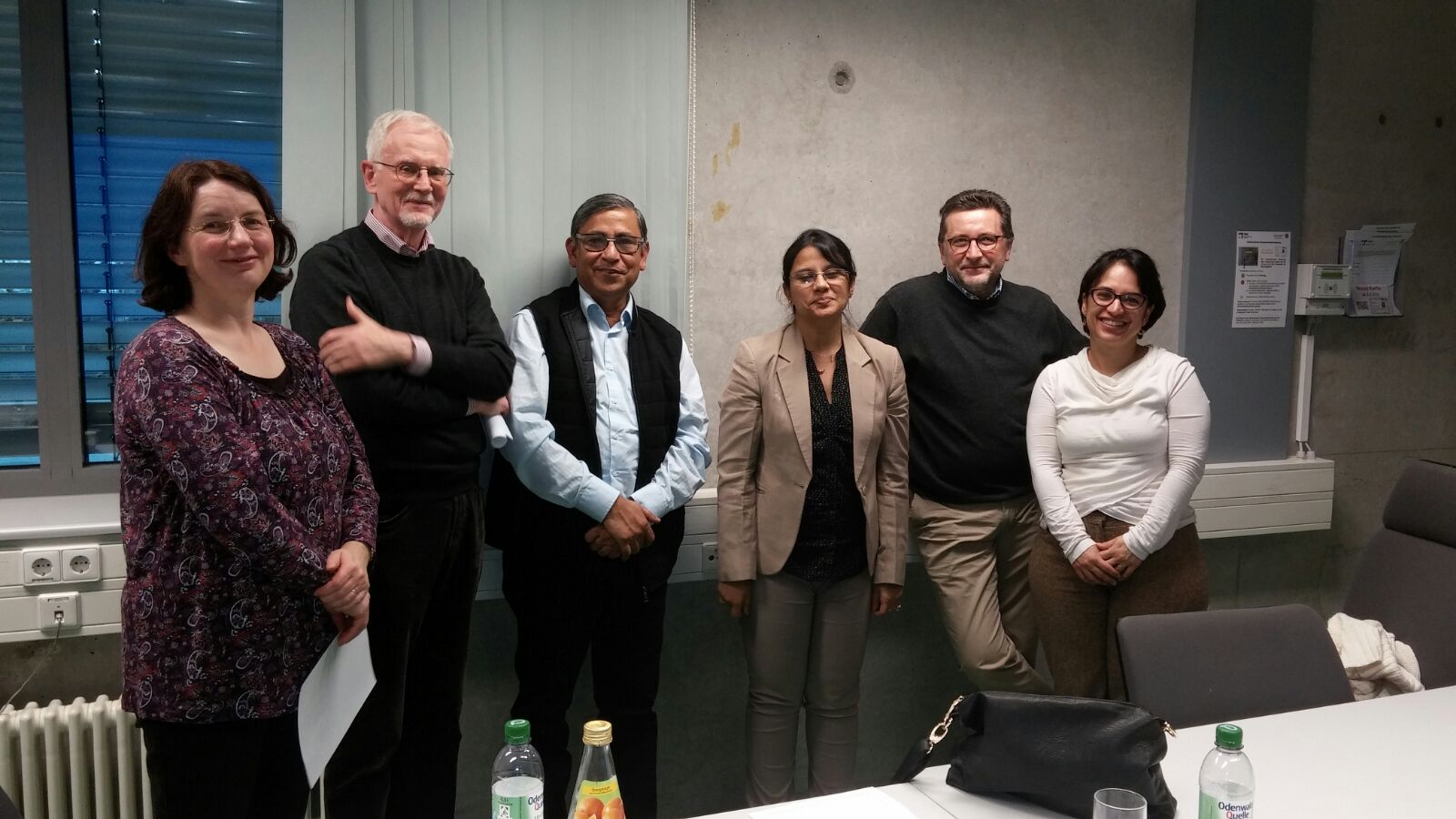
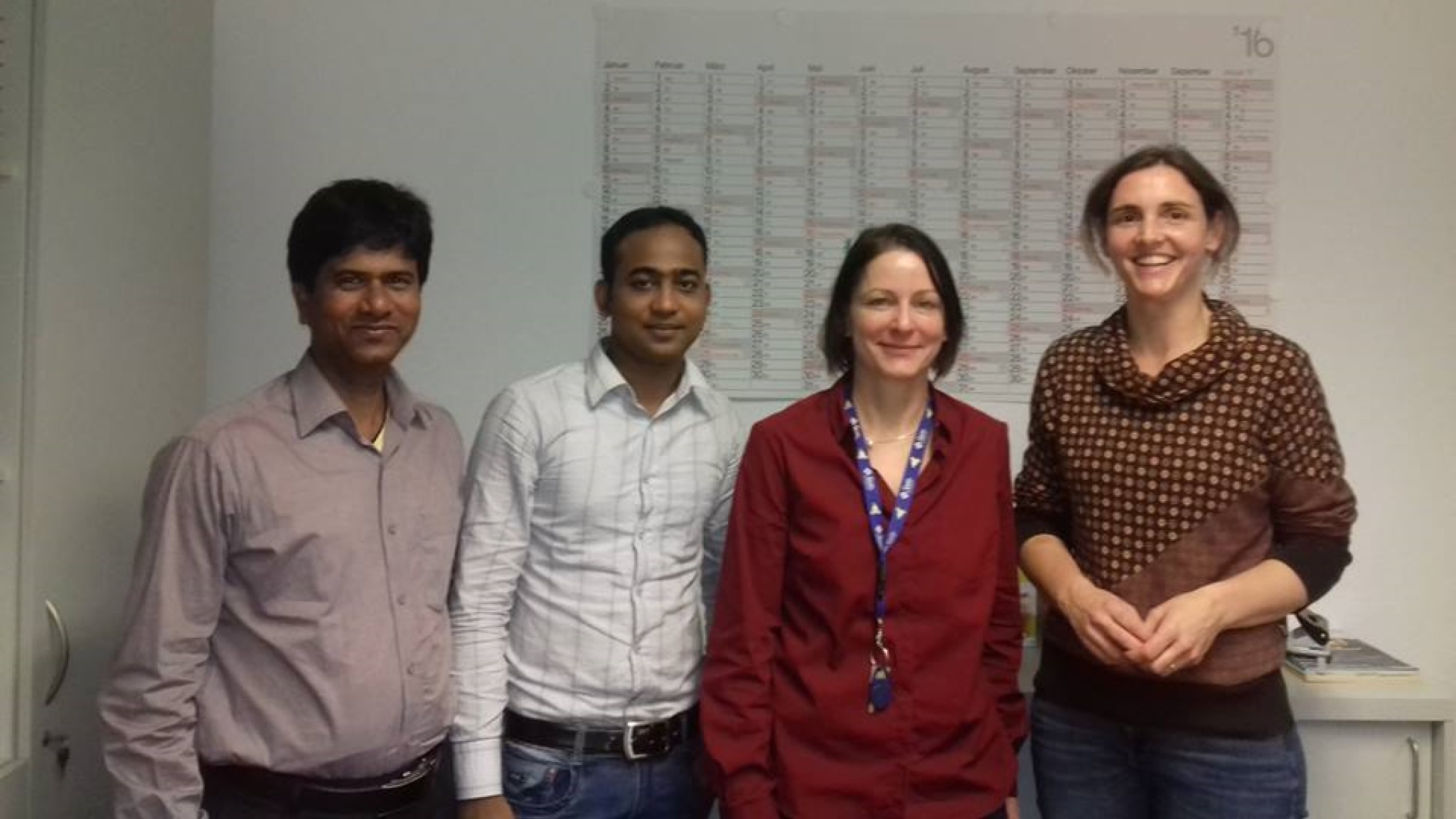
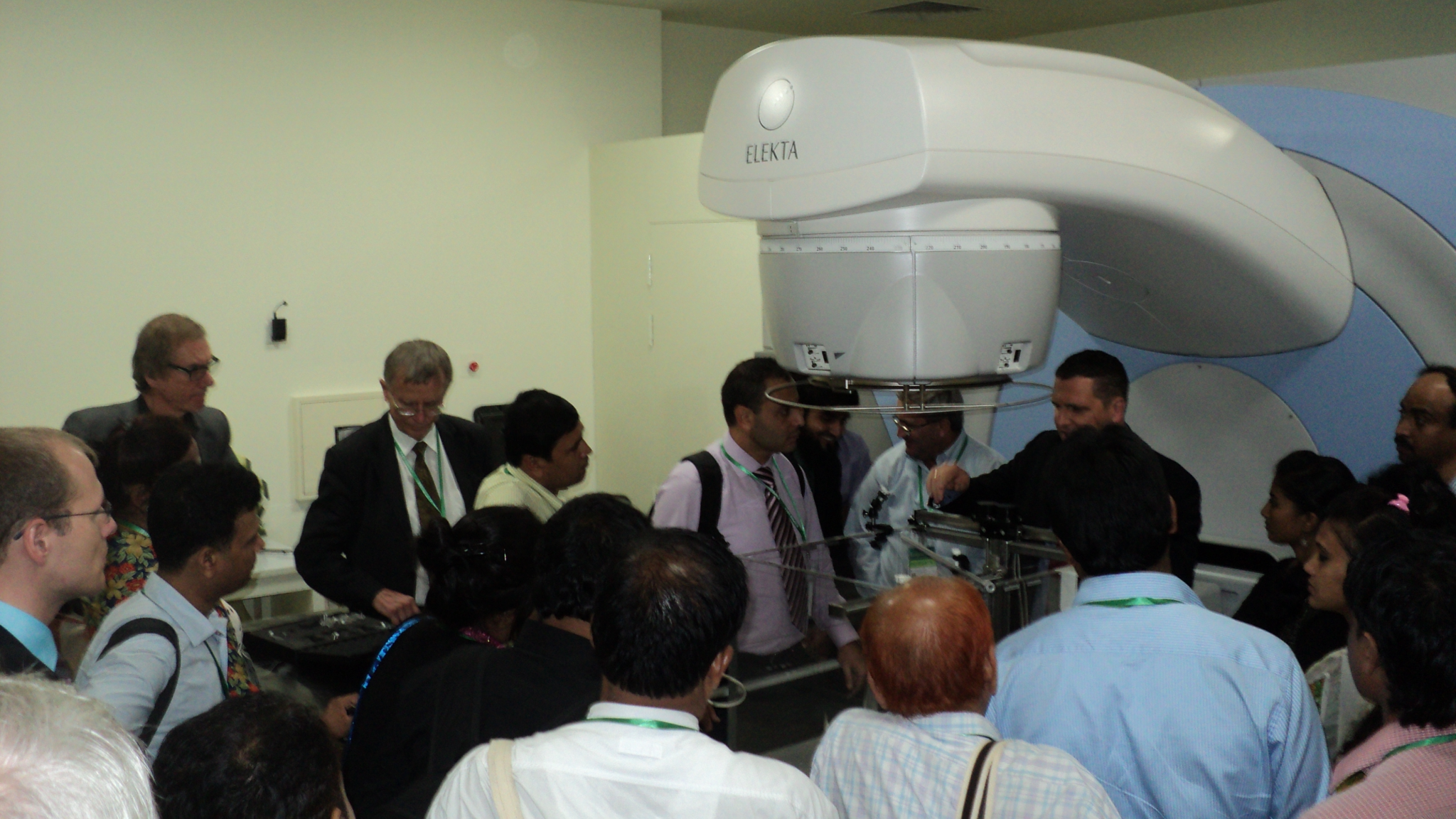

A project of Alo Bhubon Trust established in Ikarkuri, Naogaon with the aim to improve the availability and access to quality health care for achieving universal health coverage for the people residing in Ikarkuri and its adjacent villages. Initially, the hospital provides primary health care and physiotherapy services to this rural underprivileged population with minimal resources. RBHC introduces modern telemedicine services “Doctor Dekhao” Apps. It will meet the urgent necessity and serves the local population as well as fulfil the long wish of the village population.
A cancer screening centre will be opened by the name Rahima Baniz Diagnostic and Cancer Screening Centre and will provide the survives of non-communicable diseases specially cancer.
In future service for Stroke Management, Dialysis Centre and Pharmacy will be established to shape it as a Centre a full-fledged hospital.
A project of Alo Bhubon Trust established in Patisar, Naogaon to provide cancer screening and other services within the reach of marginalized people.
Patisar a village in the Naogaon district and is noted for being associated with Rabindranath Tagore as a Landlord During his stay at Patisar, Tagore composed many of his creative works. Rabindranath Tagore established in the village a primary school, a High English school called Rathindranath High School, a charitable dispensary, and Patisar Krishi Bank (1905). He established at Patisar a cooperative society for the development of agriculture, handloom, and pottery.
Alo Bhubon Trust founder, Prof. Dr. Zakaria has a deep affection for Rabindranath and has long experience in various social works in improving the quality of cancer treatment in Bangladesh as well as health and education in Naogaon district. At the request of the local people and to glorify the memory of Rabindranath, Alo Bhubon Trust is on the way to establish Rabindranath Tagore Cancer Centre and Research Institute (RTCCRI) at Patisar. The aim of the centre is to improve health, health infrastructure, surveillance, and autonomy in the rural zone of Bangladesh
in regard to cancer detection and treatment
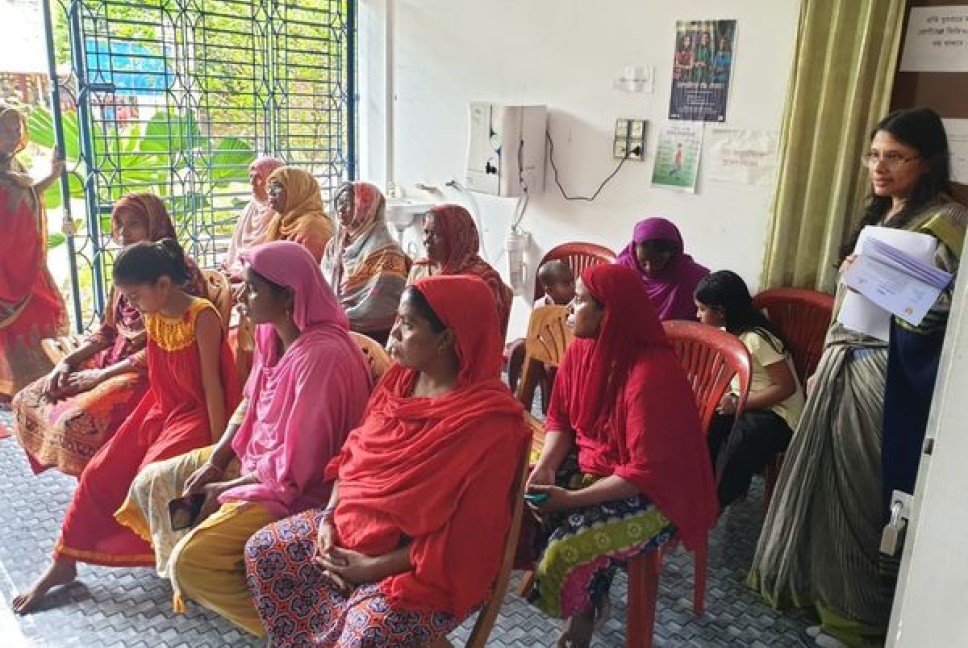
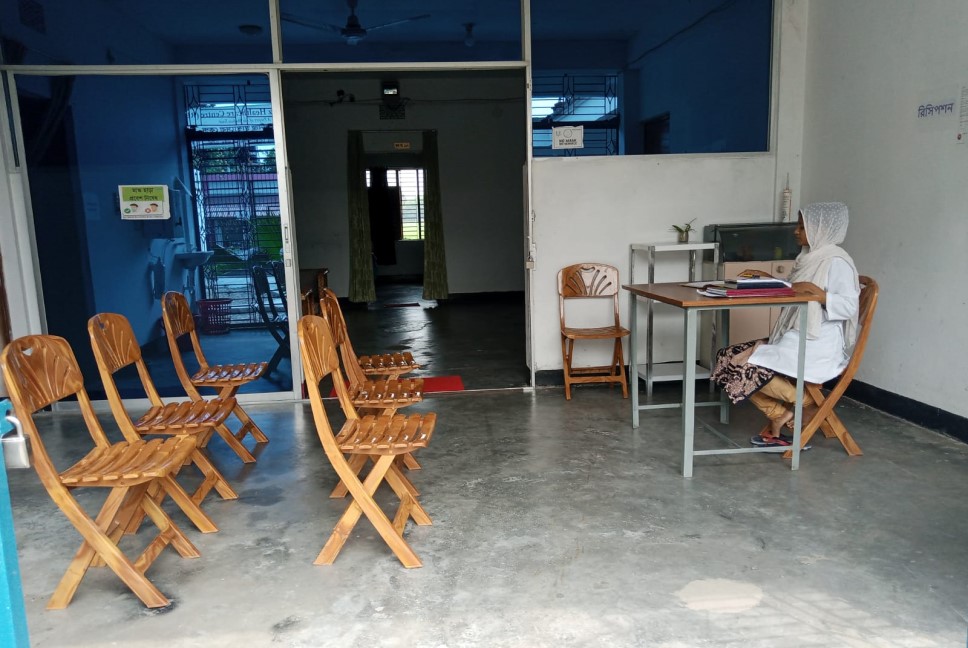
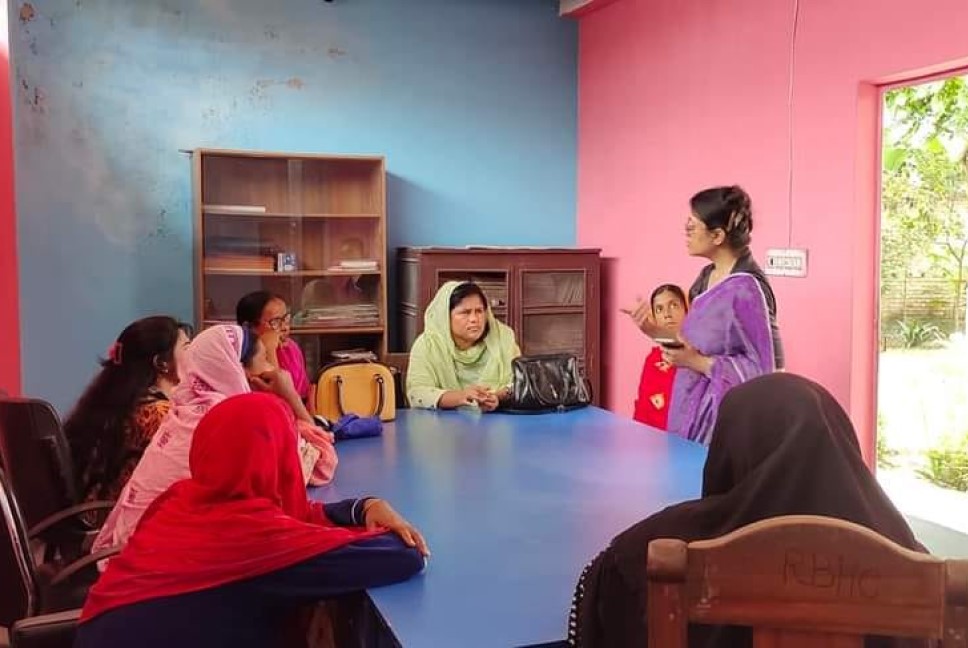
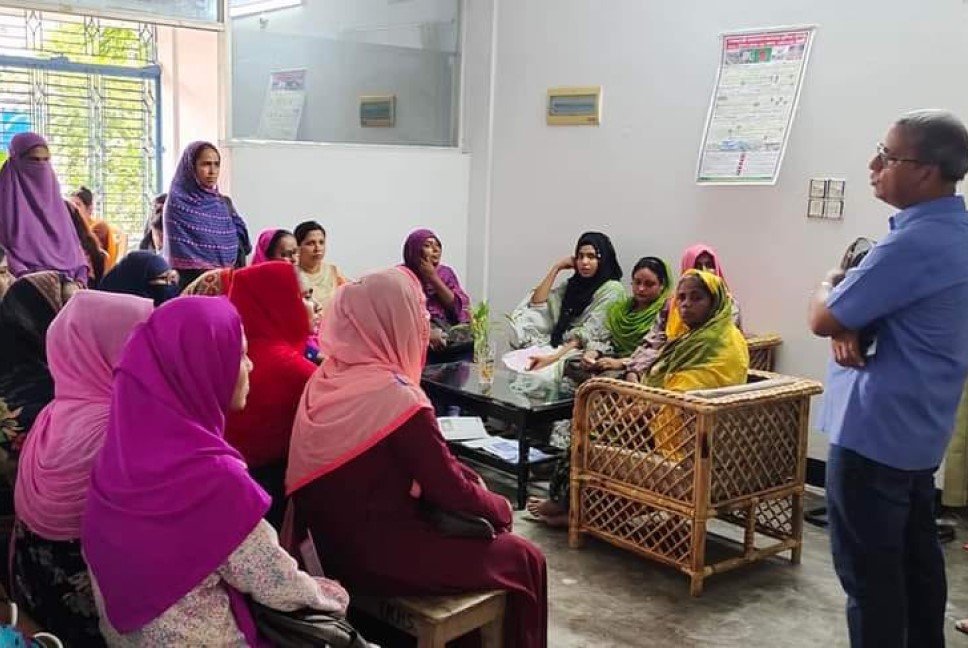
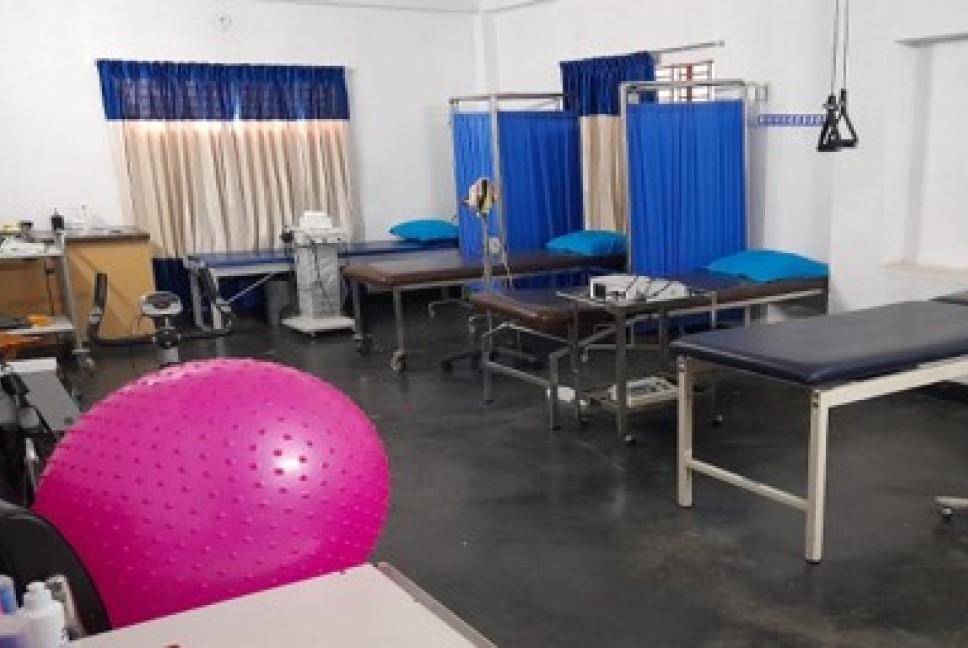
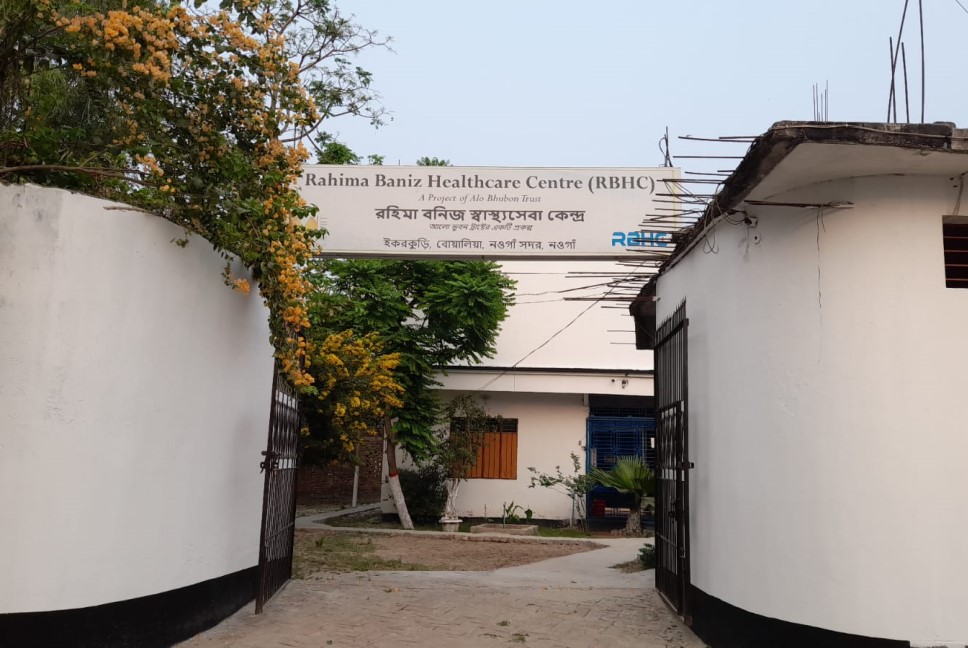
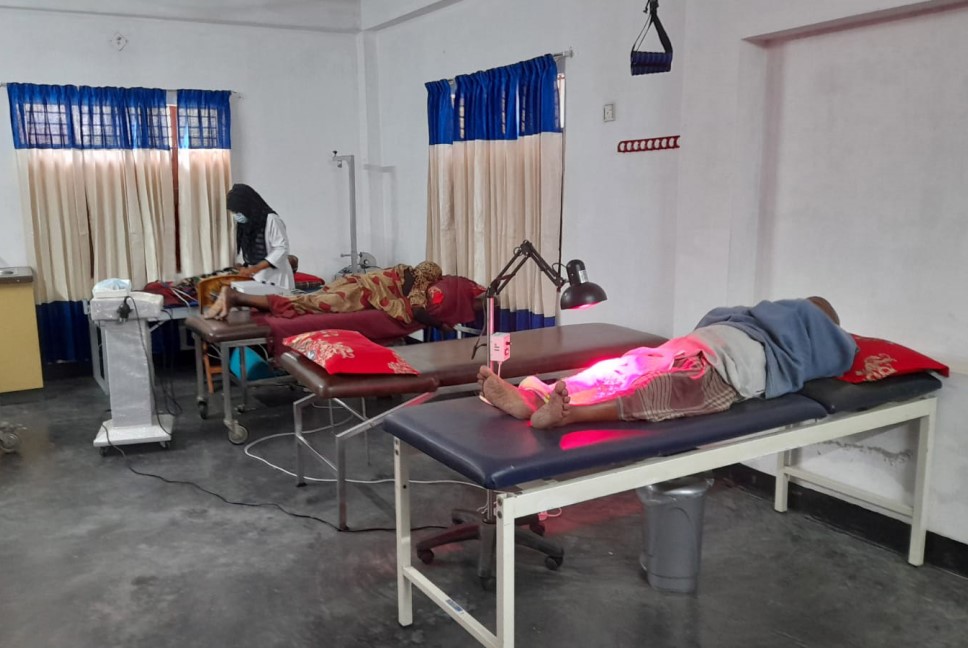
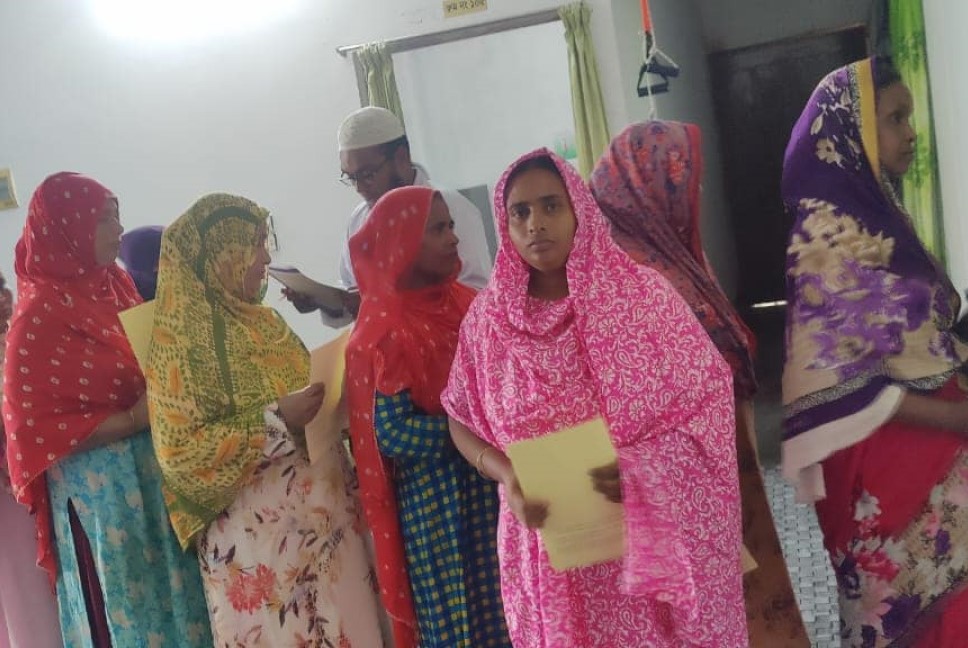
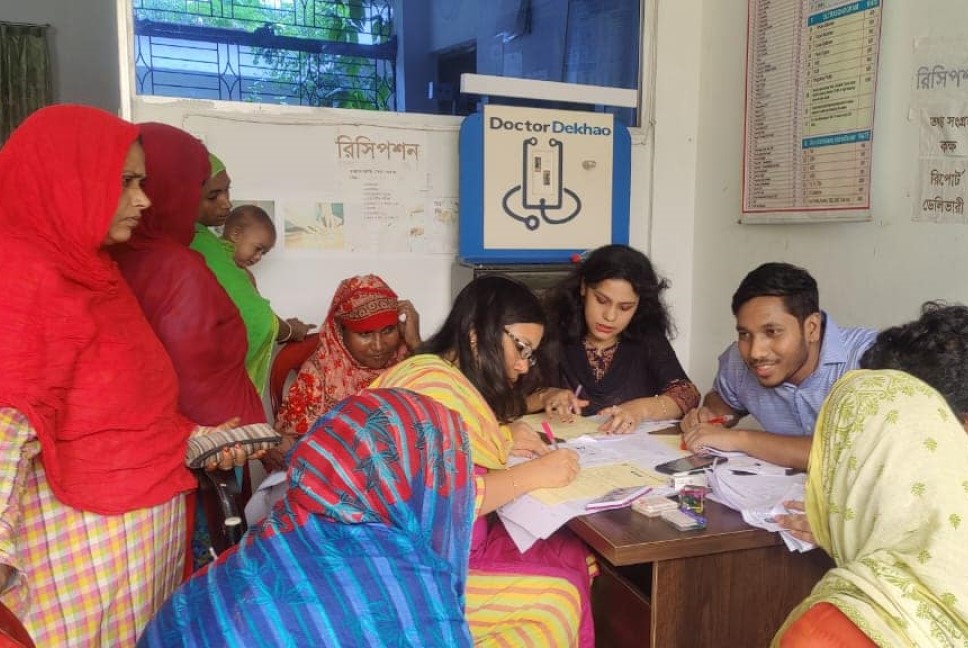
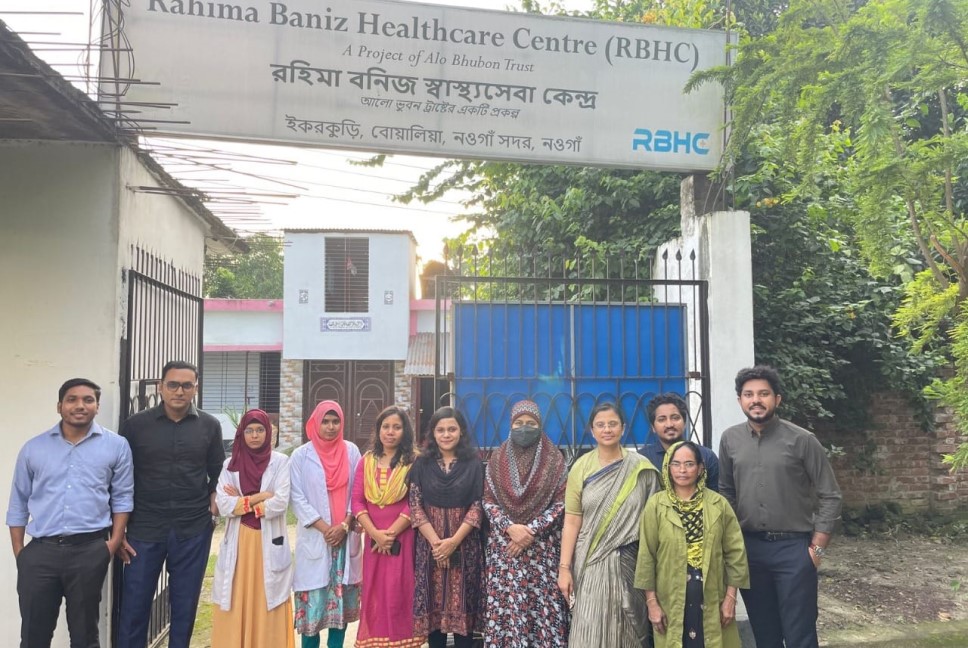
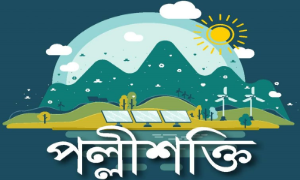
The founder of Alo- BT has been trying to establish renewable energy in rural areas named PolliShakti for many years. With his German colleague Prof. Hartmut Baerwolff of Cologne University of Applied Science and the factory Scemtec Hard- und Software fuer Mess- und Steuertechnik GmbH Reichshof in Germany he has implemented in 2011 solar energy facilities for lightening streets, garden, schools, and hospital of the Ikarkuri.
Using this in a rural hospital (RBHC) operation are done. He published many articles on renewable energies and has also discussed the importance of it in his Bengali book Bangladesh Biggan Church (2012).
Thereafter in another village Pothhara near Dhaka, similar types of activities. More and comprehensive work will be done on these aspects in the near future.
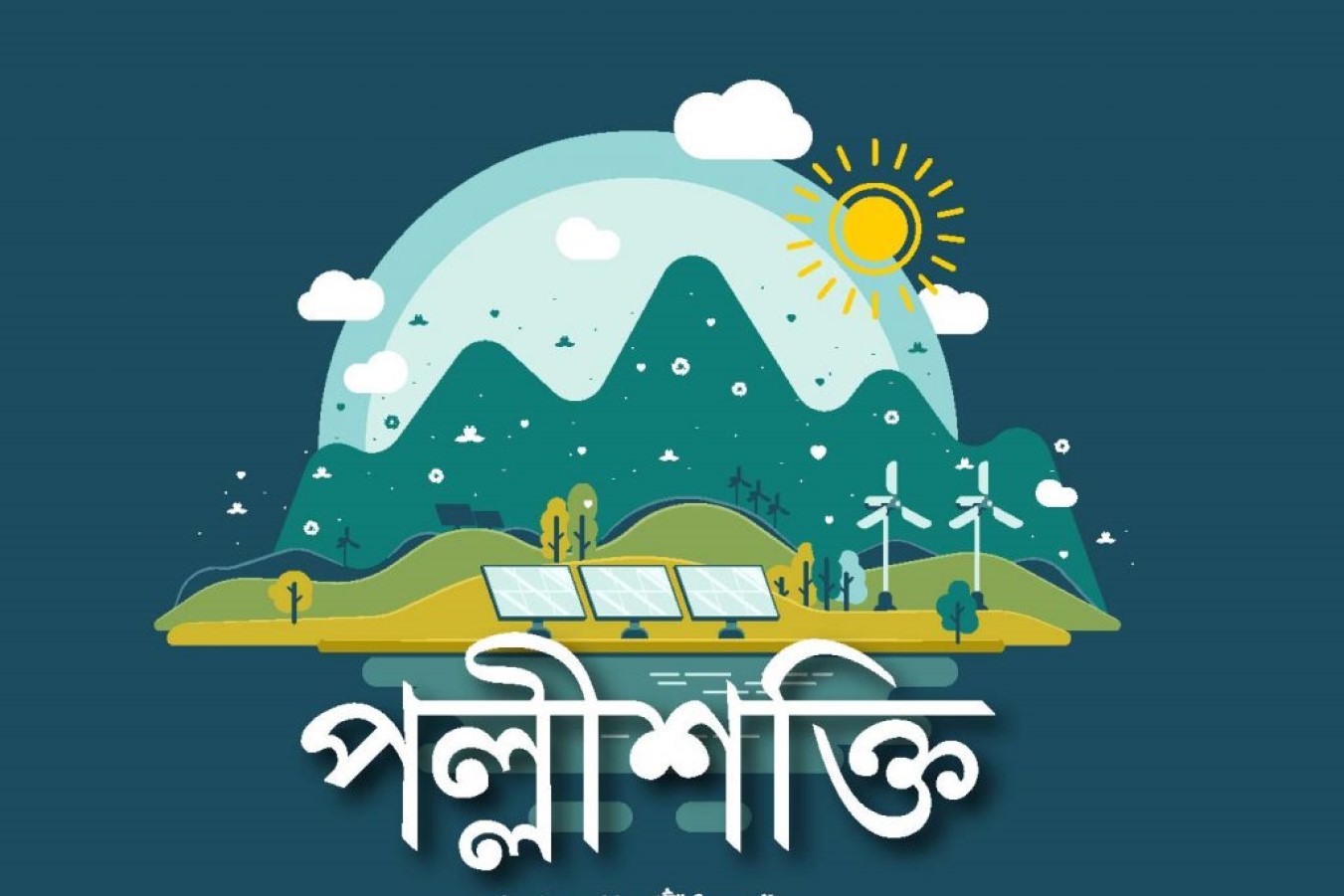


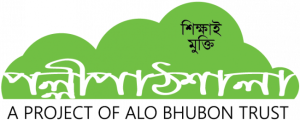
PolliPathshala is a project of Alo Bhubon Trust. The main objective of PolliPathshala is to reduce the inequality of education between urban and rural areas as well as provide vocational education training to the students. A pilot project was launched two courses, English Conversation and Computer Skills (6 months long). Course classes are conducted entirely in the mother tongue, as teaching in the mother tongue is very understandable to the students. At present a total of 40 teachers and students from 6 schools of Naogaon district are participating in the classes of this course. The future plan of this project is to provide vocational education training to the students of every district level not only in Naogaon but also in Bangladesh through its courses and to reduce the inequality of education between urban and rural in Bangladesh.
